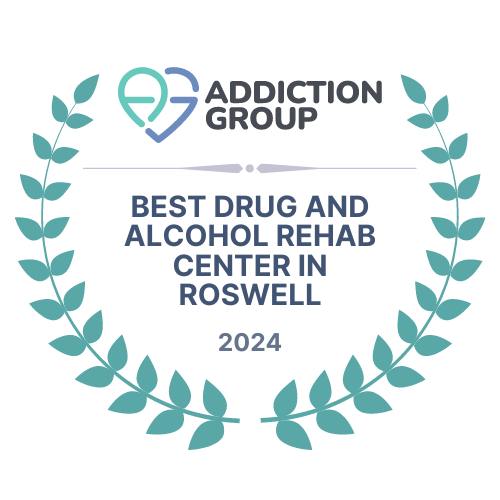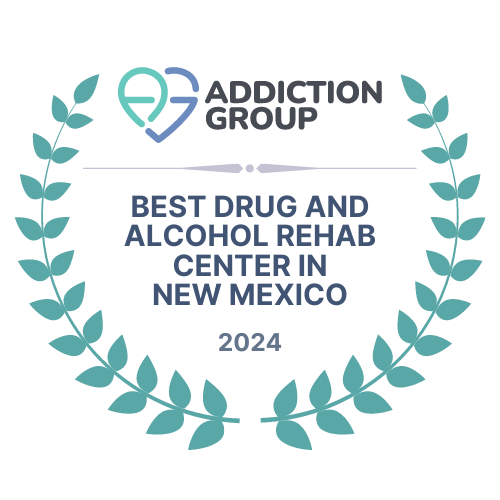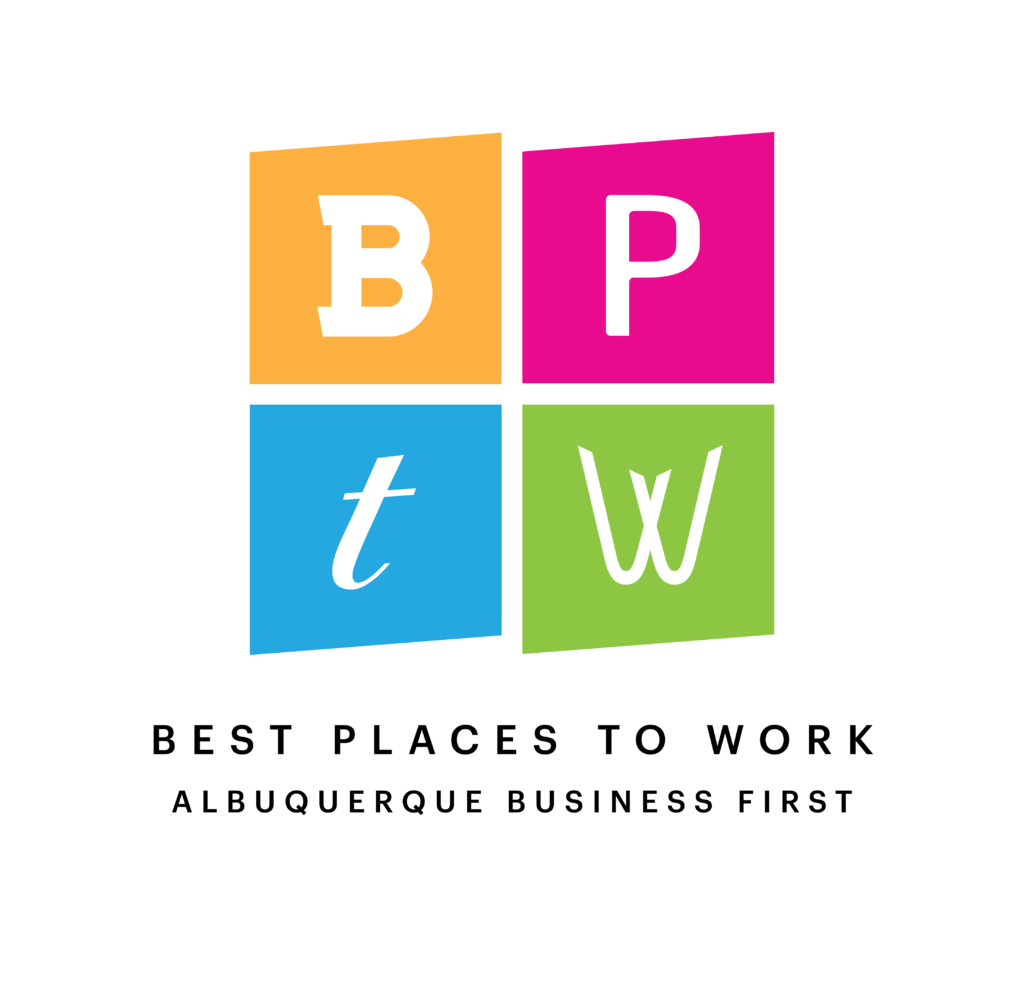Triggers are a significant challenge in addiction recovery, often leading to cravings and potential relapse. Understanding and managing them is crucial for maintaining sobriety and achieving long-term recovery. This comprehensive guide explores the nature of this phenomena, the different types of triggers individuals may encounter, and effective strategies for managing them. By learning to identify and cope, individuals can build resilience and strengthen their commitment to recovery.
What Are Triggers?
Triggers are stimuli or events that evoke strong cravings for substances. These can be internal or external and often lead to a desire to use drugs or alcohol as a way to cope with the associated emotions or stress. They can vary widely among individuals and can be linked to specific people, places, emotions, or situations that were previously associated with substance use.
Different Types
Triggers can be broadly categorized into two types: internal and external.
- Internal: Internal triggers originate from within the individual and are often related to emotions, thoughts, or physical sensations.
- Emotions: Feelings of stress, anxiety, depression, loneliness, anger, or boredom can trigger cravings for substances as a way to escape or numb these emotions.
- Thoughts: Negative self-talk, memories of past substance use, or fantasies about using substances can act as triggers.
- Physical Sensations: Physical discomfort, pain, or symptoms of withdrawal can trigger cravings for substances to alleviate these sensations.
- External: These are related to the environment and external factors.
- People: Interactions with friends, family members, or acquaintances who use substances or who were associated with past substance use.
- Places: Locations where substance use occurred, such as bars, clubs, or certain neighborhoods.
- Events: Social gatherings, parties, or stressful life events can trigger cravings for substances.
- Situations: Situations that are high-risk or stressful, such as conflicts at work, financial problems, or relationship issues.
Identifying Personal Triggers
This is the first step in managing them effectively. This process involves self-reflection and awareness to recognize patterns and situations that lead to cravings.
- Keep a Journal: Maintaining a journal to track cravings and the circumstances surrounding them can help identify patterns and specific triggers. Note the time, location, people involved, emotions, and thoughts that accompanied the craving.
- Reflect on Past Experiences: Reflect on past instances of substance use and the factors that led to them. Identify common themes or situations that were associated with substance use.
- Seek Feedback: Engage in discussions with therapists, counselors, or support group members to gain insights into potential triggers. Others may notice patterns that the individual might overlook.
Strategies for Managing
Once triggers are identified, it is essential to develop strategies to manage them effectively.
- Avoid High-Risk Situations: Whenever possible, avoid situations, places, or people that are likely to trigger cravings. This may involve making lifestyle changes, such as finding new social circles or changing daily routines.
- Develop Healthy Coping Mechanisms: Replace substance use with healthier coping mechanisms to deal with stress, emotions, and cravings. These can include exercise, mindfulness, meditation, hobbies, or engaging in creative activities.
- Practice Mindfulness: Mindfulness techniques, such as deep breathing, meditation, and grounding exercises, can help individuals stay present and manage cravings without acting on them. Mindfulness can also reduce stress and improve emotional regulation.
- Build a Support Network: Surrounding oneself with supportive friends, family members, and peers can provide encouragement and accountability. Attend support group meetings regularly and stay connected with a recovery community.
- Create a Relapse Prevention Plan: Develop a detailed relapse prevention plan that outlines specific steps to take when facing them. This plan should include coping strategies, emergency contacts, and steps to stay safe and sober.
- Engage in Therapy: Therapy sessions, such as Cognitive Behavioral Therapy (CBT) or Dialectical Behavior Therapy (DBT), can help individuals develop effective coping strategies and address underlying issues that contribute to triggers and cravings.
- Stay Busy and Engaged: Keeping busy with productive and fulfilling activities can reduce the likelihood of encountering triggers and provide a sense of purpose and satisfaction.
Renew Health’s Approach
At Renew Health, we understand the importance of maintaining sobriety. Our comprehensive treatment programs include strategies and support for identifying and managing effectively. Here’s how we help our patients:
- Personalized Assessments: We conduct thorough assessments to identify each patient’s unique triggers and develop personalized treatment plans to address them.
- Therapeutic Interventions: Our therapists use evidence-based approaches, such as CBT and DBT, to help patients develop coping strategies and build resilience.
- Mindfulness and Stress Reduction: We incorporate mindfulness practices, meditation, and stress reduction techniques into our programs to help patients manage cravings and maintain emotional balance.
- Support Groups: Our support groups provide a safe and supportive environment for individuals to share their experiences, gain insights, and receive encouragement from peers who understand their journey.
- Relapse Prevention Planning: We work with patients to create detailed relapse prevention plans, ensuring they have a clear strategy for managing and staying on the path to recovery.
Success Stories from Renew Health
The effectiveness of our approach is evident in the success stories of our patients. For instance, James, who struggled with cocaine addiction, learned to identify and manage his triggers through our comprehensive treatment program. By developing healthy coping mechanisms, practicing mindfulness, and staying connected with his support network, James has maintained sobriety and built a fulfilling life in recovery. His story highlights the importance of understanding and managing what provokes him in achieving long-term sobriety.
Conclusion
Understanding and managing triggers is a crucial aspect of addiction recovery. By identifying them and developing effective coping strategies, individuals can build resilience and maintain their commitment to sobriety. At Renew Health, we are dedicated to providing the support and tools needed to navigate the challenges of triggers and achieve lasting recovery. If you or a loved one is seeking help in managing triggers and maintaining sobriety, reach out to Renew Health. We are here to support you on your journey to a healthier, happier life.









